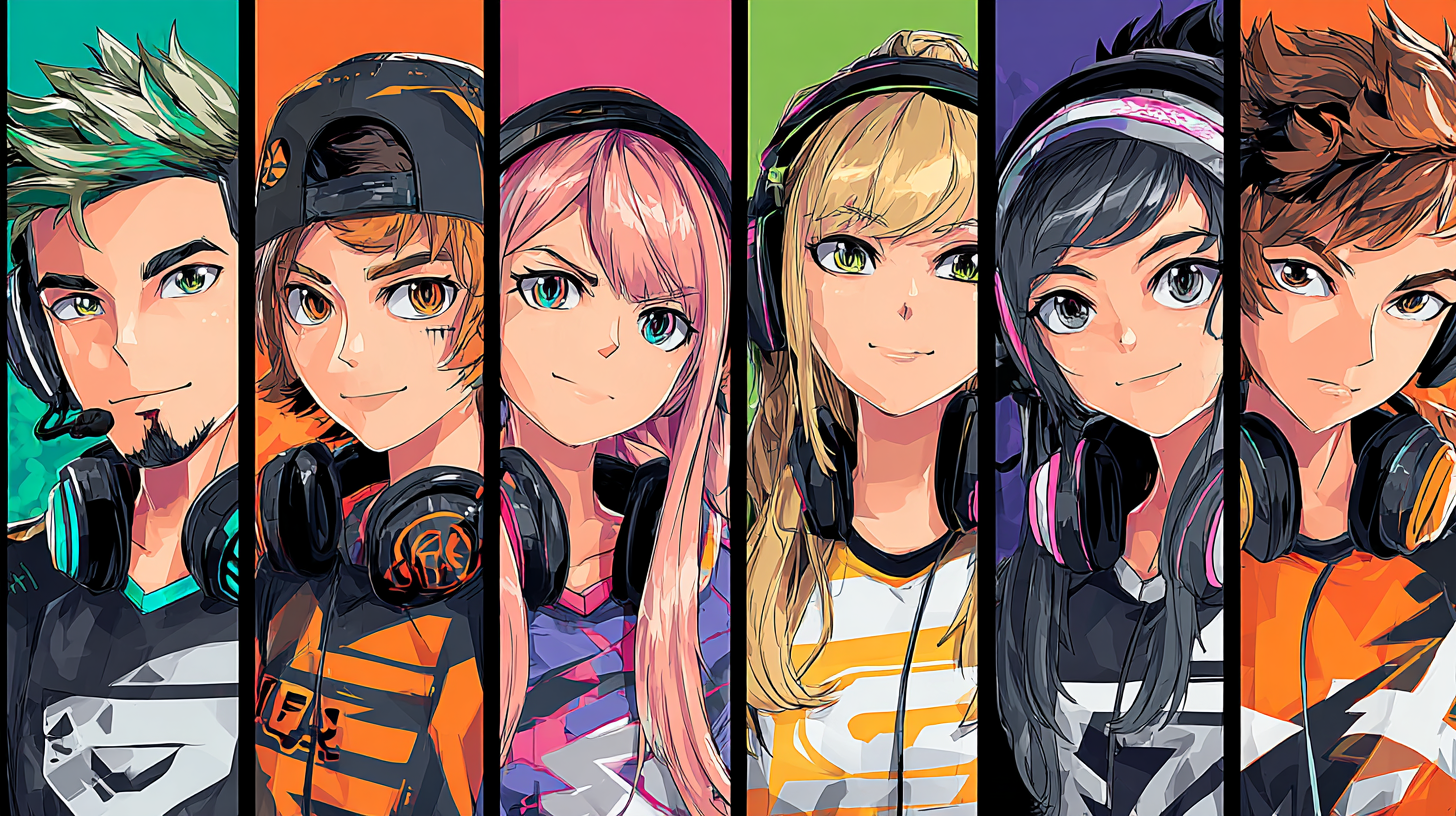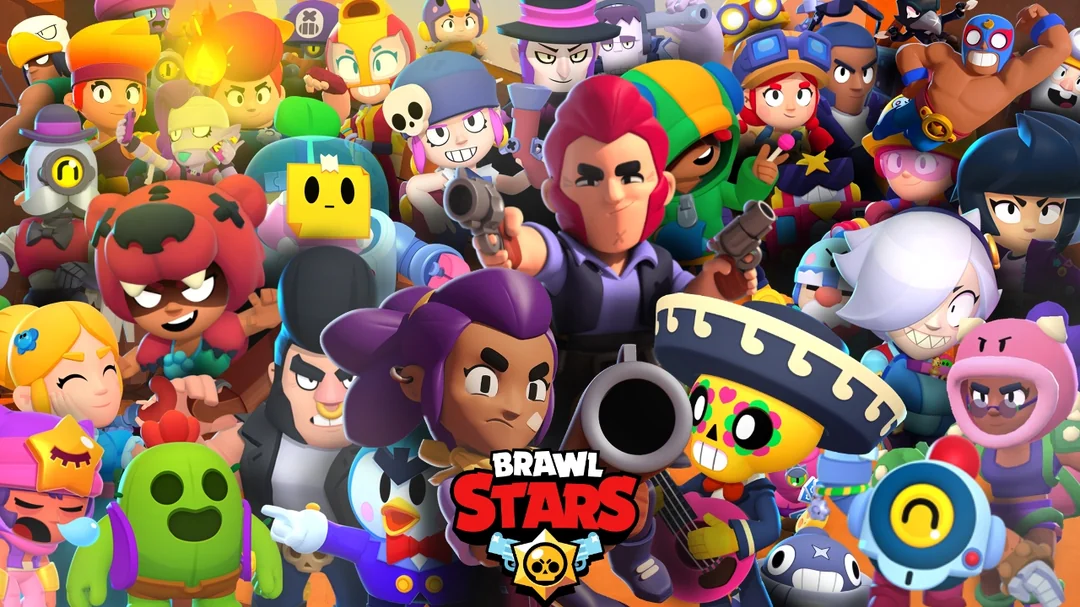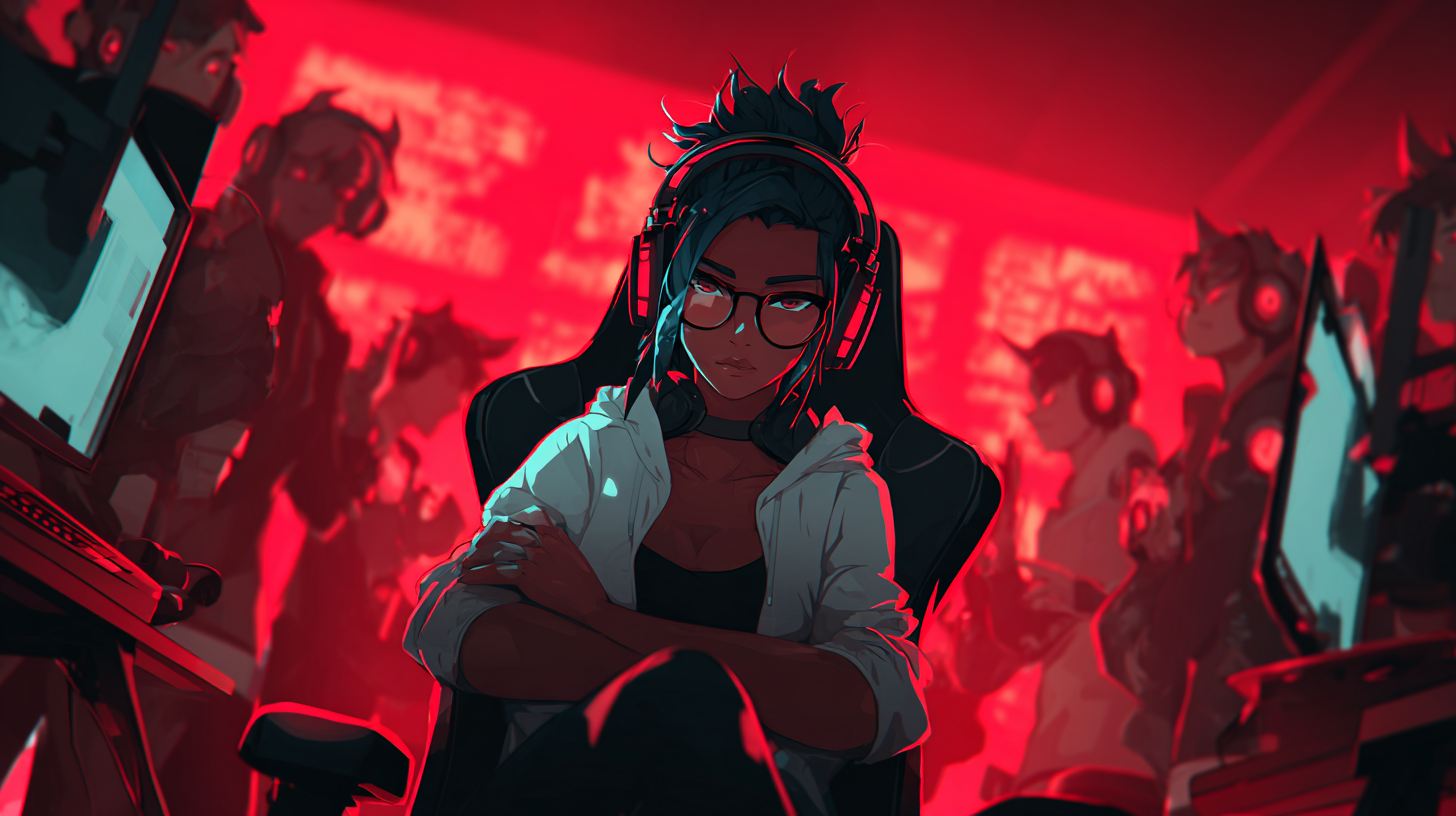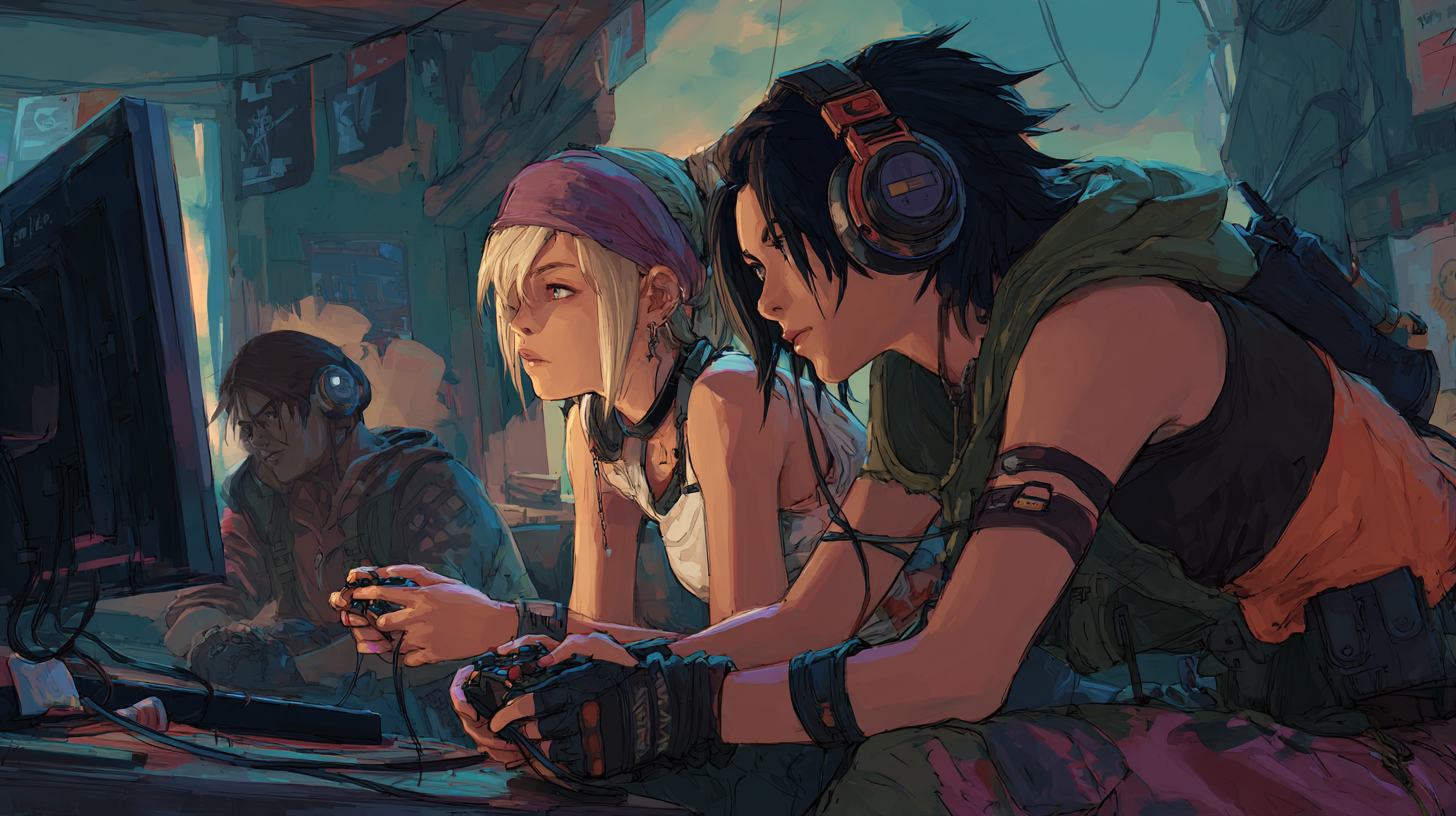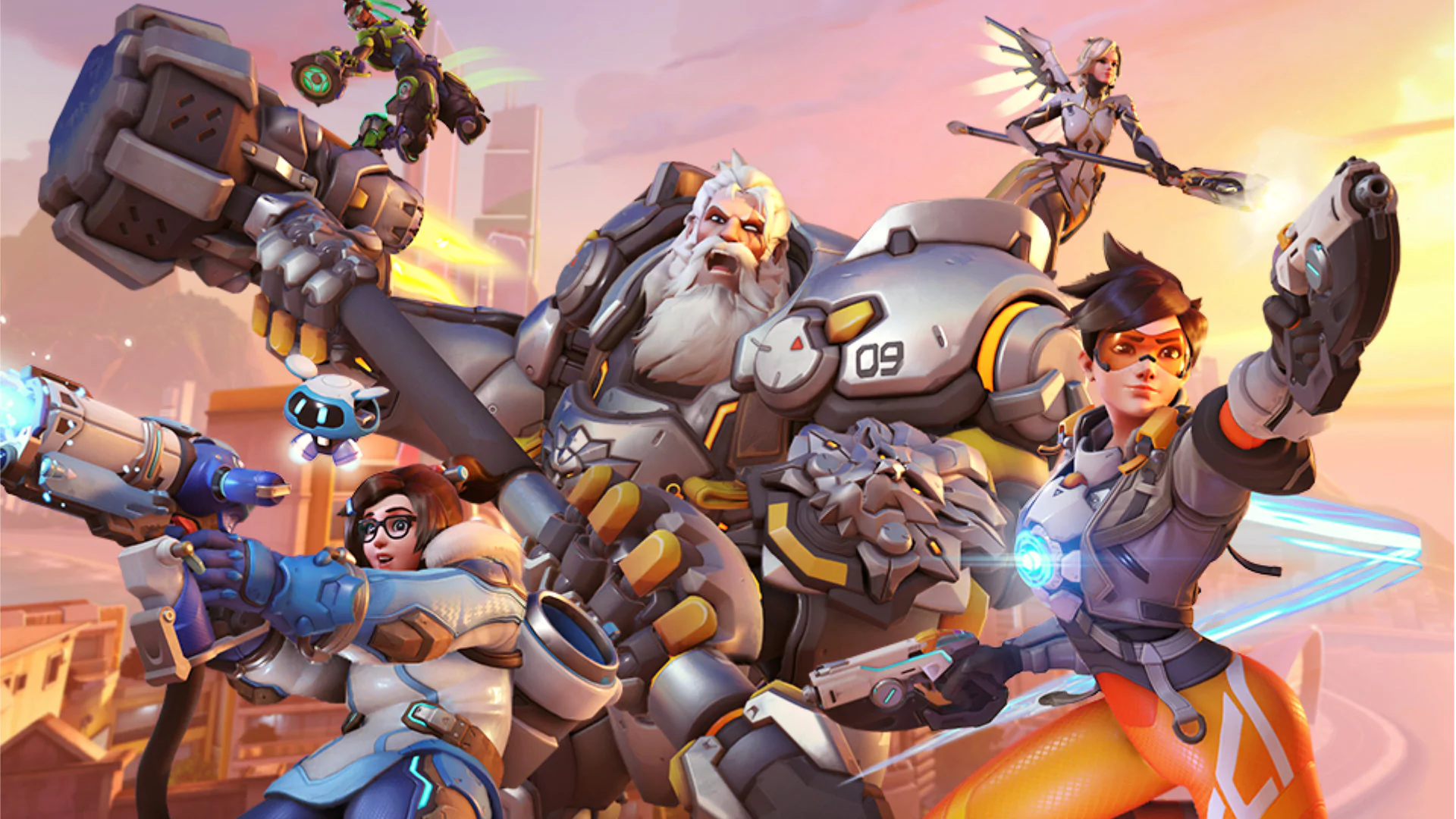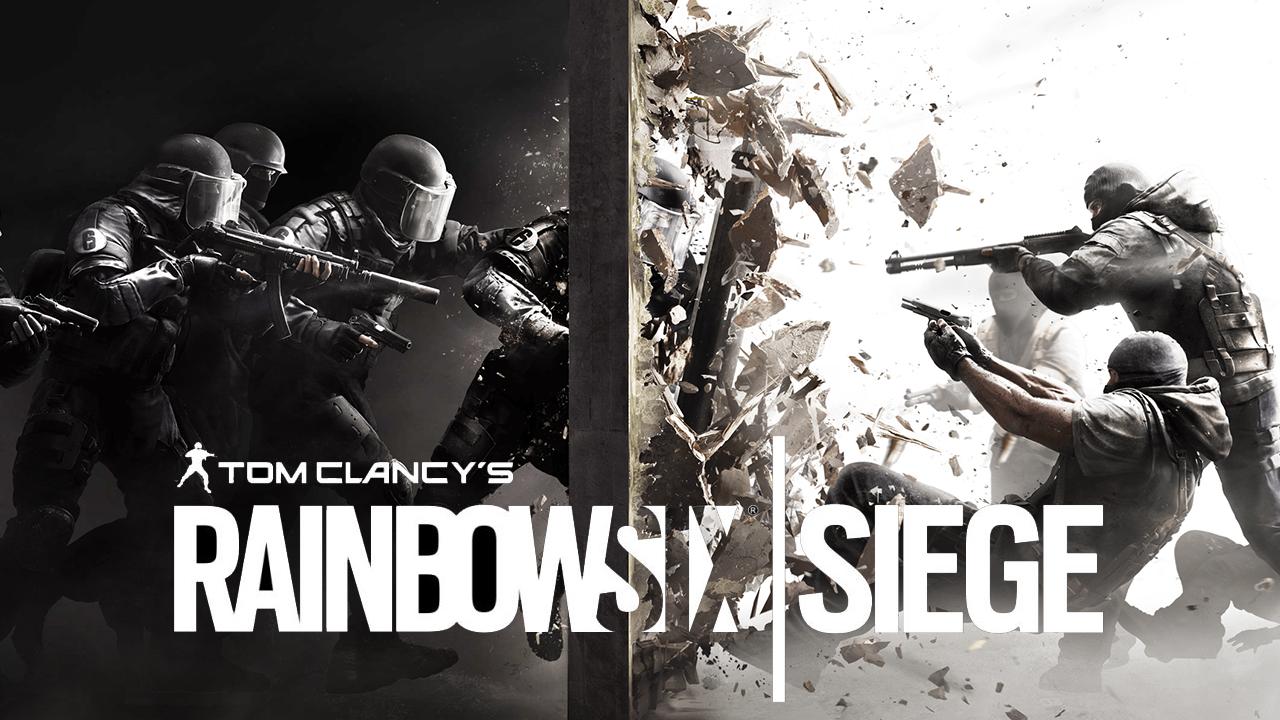Your 500-member clan has everything: dedicated Discord servers, organized ranks, scheduled raid times, and competitive teams. So why does it feel like you're playing alone most of the time, while your friend's tiny 10-person group seems to have perfect chemistry and coordination?
The answer lies in fundamental human psychology that no amount of organizational structure can overcome. Bigger isn't better when it comes to gaming communities – it's often worse.
Introduction
After analyzing performance data from over 2,000 gaming groups ranging from 5 to 1,000+ members, a clear pattern emerges: small groups of 8-15 core members consistently outperform massive clans in every metric except raw numbers. They show higher win rates in competitive games, better member retention, more active participation, and significantly stronger social bonds.
This isn't coincidence – it's cognitive science. The Dunbar number suggests humans can only maintain meaningful relationships with approximately 150 people, with closer tiers of 5 intimate friends, 15 close friends, 50 good friends, and 150 meaningful contacts. Gaming groups that align with these natural limits leverage built-in human psychology instead of fighting against it.
While building the right-sized community can be challenging, platforms like Jynx are making it easier with features designed specifically for small to medium communities rather than forcing everyone into mega-clan structures.
The Dunbar Number in Gaming Communities
British anthropologist Robin Dunbar identified cognitive limits on social group sizes based on primate brain evolution. These limits apply directly to gaming communities:
The Intimate Squad (5 members)
Your absolute closest gaming friends. You know their schedules, playstyles, life situations, and can predict their decisions mid-game. This is your Valorant five-stack or League premade that doesn't need voice comms because you've developed intuitive coordination.
Advantages: Perfect trust, maximum coordination, zero toxicity, complete comfort.
Limitations: No flexibility for absences, limited skill diversity, can become insular.
The Core Group (8-15 members)
The sweet spot for competitive gaming communities. Large enough for variety and replacement players, small enough for genuine relationships.
Advantages:
- Everyone knows everyone personally
- Shared culture develops naturally
- Accountability without formal rules
- Flexible team compositions
- Backup players for absences
- Diverse playstyles and skill sets
Limitations: Still affected by individual schedules, limited growth potential.
The Extended Clan (50-150 members)
Can work for MMO guilds or multi-team organizations, but requires subgroup structure.
Advantages: Always someone online, multiple competitive teams, diverse game coverage.
Limitations: Most members don't know each other, coordination requires formal systems, diluted culture.
The Mega Clan (150+ members)
Often collapses into anonymous participation or inactive rosters.
Advantages: Impressive numbers, always activity, recruitment pipeline.
Limitations: Strangers to each other, weak bonds, high turnover, coordination chaos, bureaucratic overhead.
Why Small Groups Win at Coordination
Competitive gaming rewards tight coordination more than individual skill.
Communication Efficiency
In a 10-person group, everyone can learn everyone else's communication style, callout preferences, and information priorities. You know that Sarah always makes conservative calls, while Marcus tends toward aggression. You adjust interpretation automatically.
In a 200-person clan, you're constantly playing with strangers who use different terminology, have different shot-calling philosophies, and whose trustworthiness you can't assess. Every game requires rebuilding communication from scratch.
This is exactly why AI-powered matchmaking is revolutionizing how gamers connect – it helps you find that perfect 8-15 person core group whose communication styles naturally mesh, rather than drowning in a massive clan where you never play with the same people twice.
Strategic Alignment
Small groups can develop and refine specific strategies over weeks and months. Your Overwatch group learns exactly when to commit ultimates because you've practiced together repeatedly.
Large clans struggle to maintain strategic consistency. Different subgroups develop different approaches, and there's no cohesive team identity. You're essentially solo queuing with clan tags.
Adaptability
When the game meta shifts or new patches drop, small groups adapt together. You discuss changes, experiment collectively, and converge on new strategies quickly.
Large clans fracture into competing viewpoints. Some members adopt new metas while others resist. There's no unified response, just chaos.
The Loyalty and Retention Advantage
Small groups keep members engaged long-term while large clans churn constantly.
Personal Investment
In small groups, your absence is noticed. When you don't show up for scheduled games, people check on you. This accountability creates commitment that anonymous participation in large clans can't match.
Members of large clans regularly go weeks without anyone noticing their absence. There's no social cost to drifting away.
Relationship Depth
Small groups develop genuine friendships. You learn about members' lives outside gaming – their jobs, relationships, struggles, and victories. Gaming becomes the excuse to hang out with friends, not just the activity itself.
Large clans remain transactional. You interact around game objectives, but rarely develop deeper connections. When better opportunities appear, members leave without hesitation.
Shared History
Small groups accumulate shared experiences that become group mythology. Remember that insane comeback? The hilarious voice chat fail? The perfectly executed strategy?
These shared memories create bonds that transcend individual games. You're not just teammates – you're friends with history together.
Large clans can't create unified shared history. Subgroups might have memories, but the clan as a whole has no cohesive narrative.
Ready to find your perfect gaming squad? Jynx's AI matchmaking analyzes playstyle, skill level, and personality to connect you with compatible teammates – the foundation of your ideal 8-15 person core group.
The Organizational Overhead Problem
Large clans require bureaucracy that small groups avoid entirely.
Management Burden
Small groups self-organize naturally. Someone volunteers to schedule games, someone maintains the Discord server, someone tracks stats. It happens organically without formal roles.
Large clans need:
- Hierarchical rank structures
- Multiple moderators and administrators
- Formal application/recruitment processes
- Rules documentation and enforcement
- Conflict resolution systems
- Attendance tracking
- Activity requirements
This overhead consumes leaders' time that could be spent actually gaming.
Decision-Making Speed
Small groups make decisions in minutes during casual conversation. "Should we scrim this weekend?" gets answered immediately by checking who's available.
Large clans require:
- Announcement posts
- Gathering feedback
- Voting systems
- Implementation planning
- Communication cascades
By the time the decision is made, the opportunity has passed.
Culture Dilution
Small groups maintain culture through osmosis. New members observe and absorb expected behavior naturally through every interaction.
Large clans struggle with culture drift. Different subgroups develop different cultures. New members receive mixed signals about expectations. Eventually, the clan has no cohesive identity beyond the name.
How Jynx Optimizes for Small Group Success
Jynx's platform is specifically designed to support optimal gaming group sizes:
30-member free communities: Rather than forcing you into massive Discord servers, Jynx recognizes that most gaming groups work best with 8-30 active members. The free tier supports this sweet spot perfectly.
Community boost system (Level 0-3): Small groups can collaboratively unlock premium features through the boost system, creating shared goals without requiring hundreds of members.
Interest-based communities: Instead of massive game-specific clans, Jynx helps you find smaller groups organized around specific playstyles (aggressive, tactical, casual, competitive) where you'll naturally fit.
Real-time chat with sequence-based ordering: Communication tools designed for meaningful group conversations, not managing chaos in 500-person servers.
Role-based permissions: Even in small communities, you can assign graduated permissions, allowing your 8-15 person core to manage growth carefully while maintaining culture.
When Large Clans Make Sense
Small groups aren't optimal for every situation:
MMO Guild Content
Raids requiring 20-40 players benefit from larger rosters to ensure attendance. However, even here, successful guilds organize into 10-15 person raid teams rather than rotating random members.
Multi-Game Organizations
If you want competitive teams across League, Valorant, CS2, and Overwatch simultaneously, you need more than 15 people. But organize into game-specific subgroups of 8-15 rather than one massive clan.
Casual Social Communities
Some players prefer loose social spaces without commitment. Large casual clans serve this purpose, but don't expect competitive performance or deep loyalty.
Esports Organizations
Professional gaming requires supporting infrastructure (coaches, analysts, managers, content creators) that expands beyond player counts. But even here, the competing teams themselves are small.
Building Your Optimal Small Group
If you're convinced small groups work better, here's how to build yours:
The 8-15 Sweet Spot
Start with 5-6 core members who play together regularly. Gradually expand to 8-15 as you encounter compatible players. Stop before diluting culture.
Careful Growth
Add one new member at a time, allowing integration before adding more. Rapid growth destroys the intimacy that makes small groups effective.
Shared Values
Explicitly define your group's values: competitive vs casual, patient vs aggressive, toxic tolerance vs zero-tolerance. Shared values create cohesion.
Regular Interaction
Schedule consistent play sessions. Small groups thrive on routine that builds relationships and coordination over time.
Exclusive Identity
Don't allow members to maintain primary loyalty to other groups. Your small group should be their gaming home, not one of several communities they rotate through.
Conclusion
The 500-member clan looks impressive, but the 12-person tight-knit group plays better, stays together longer, and has more fun. Human psychology hasn't evolved to maintain meaningful relationships with hundreds of people, and gaming communities that align with our natural cognitive limits outperform those that fight against them.
If you're currently lost in a massive clan wondering why you feel alone, or if you're building a new gaming community, resist the temptation to grow indefinitely. Find your 8-15 compatible core members, invest deeply in those relationships, and watch your coordination, loyalty, and success surpass the mega clans.
Size is a vanity metric. Cohesion is a performance metric. Choose wisely.
Download Jynx today and discover how AI can help you find the perfect 8-15 person gaming group whose personalities, playstyles, and schedules naturally mesh – the foundation of long-term gaming success.
Frequently Asked Questions
Q: What if my game needs more than 15 players for content? A: Create a core group of 8-15 and build alliance relationships with other small groups. Multiple coordinated small groups outperform one disorganized large clan.
Q: How do I transition from a large clan to a small group? A: Identify the 8-15 members you actually enjoy playing with and consistently team up with. Gradually form your own community while maintaining friendly relations with the larger clan.
Q: Isn't a larger roster necessary for always having teammates online? A: 8-15 members with aligned schedules provides better coverage than 200 members in random timezones. Focus on recruiting compatible schedules, not raw numbers.
Q: What if my small group has drama or toxicity? A: Small groups allow faster identification and resolution of problems. Remove toxic members quickly before they poison the culture – easier with 10 people than 100.
Q: Can small groups compete against organized large clans? A: Absolutely. The best competitive teams are small groups with perfect coordination, not massive clans with random team compositions. Quality beats quantity in competitive gaming.
